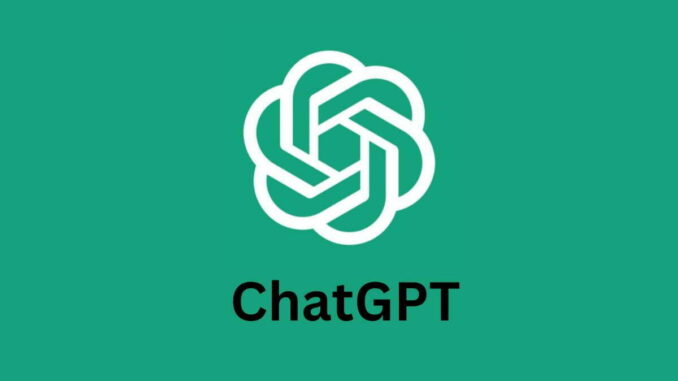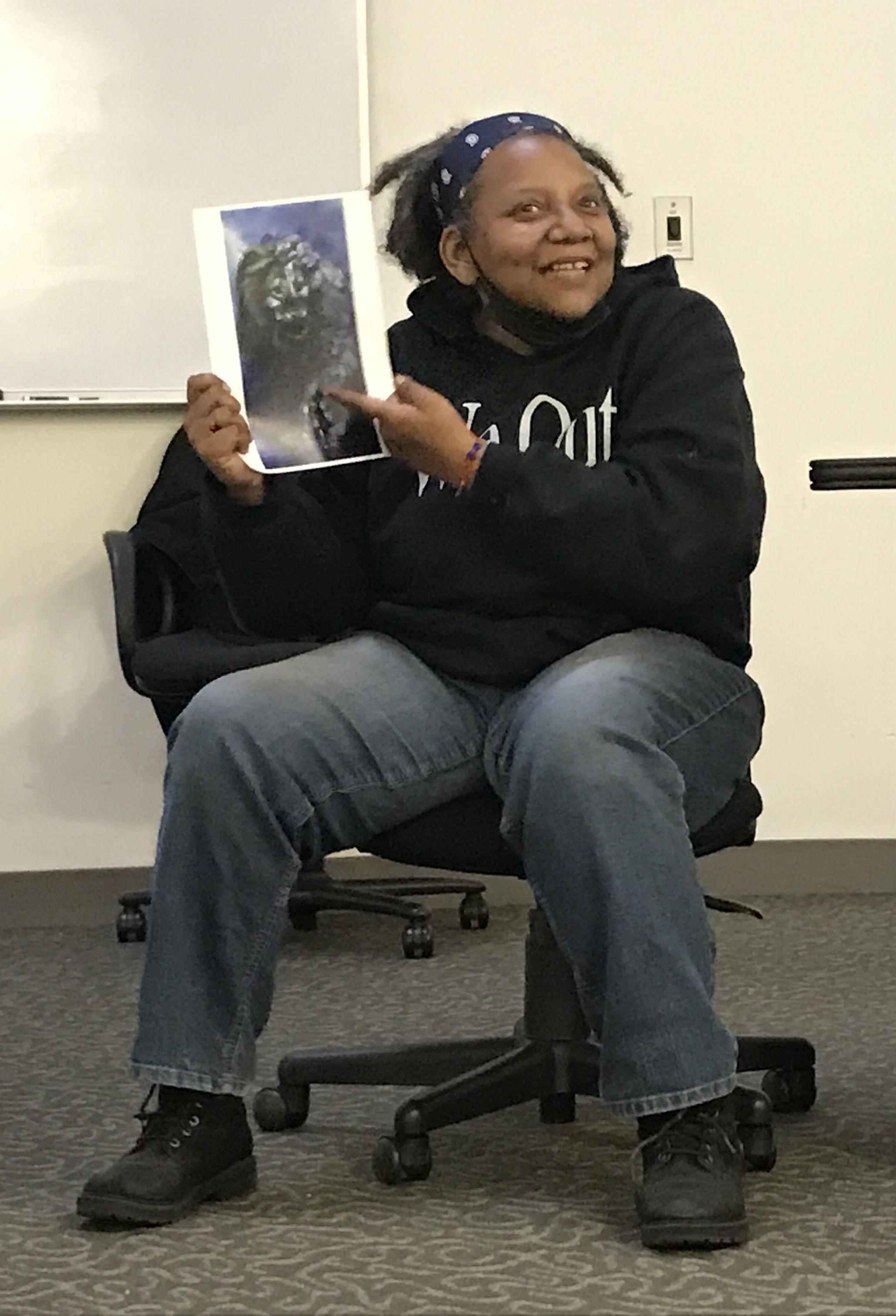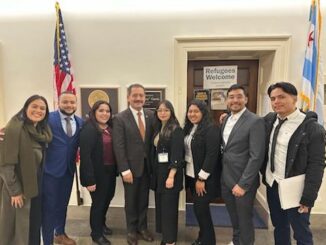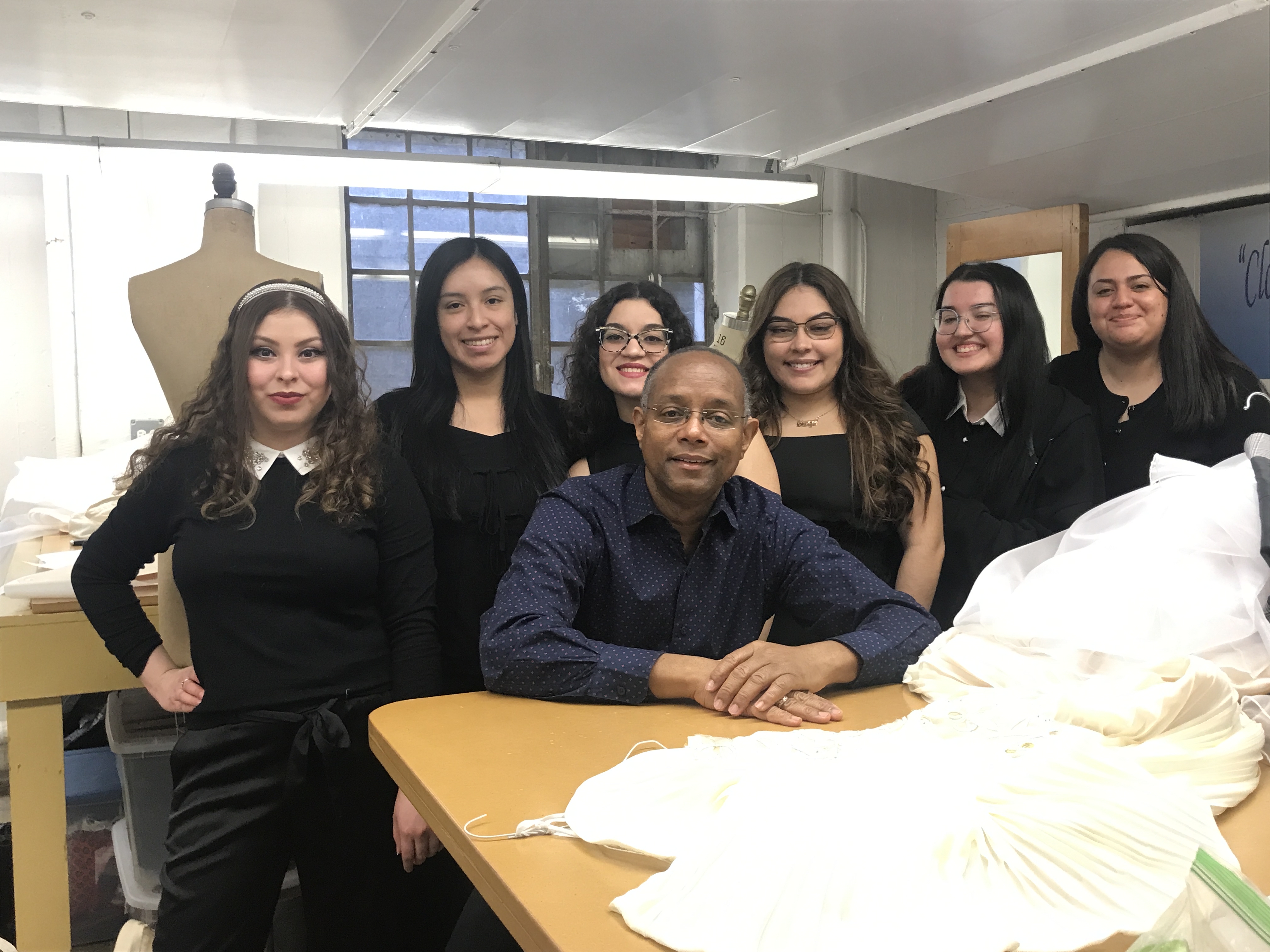
By: Litzi Duran
Contributing Writer
Across the nation, universities have been concerned over the increased possibility of academic dishonesty through the creation of ChatGPT.
Dominican’s chief information officer is not worried.
CIO, Todd Kleine, acknowledges the growing anxiety around the existence of ChatGPT and academic dishonesty. However, he also believes that ChatGPT can be used for good as an academic tool as well.
“As the CIO, I was always trained to see everything through the lens of the appropriate use of technology, he said. “What I mean by that is, you give a need and we match technology to that need.”
Faculty concerns over the existence of ChatGPT range from cheating on exams to using it to write assignments. However, this isn’t the first-time concerns over technological advances have happened. There was the use of calculators or access to the internet that educators used to be worried about too.
Kleine explains that there can be other uses for ChatGPT in the higher education system. Professors can possibly utilize it as a tool to help during the research-gathering process.
Laura Niesen, university provost, is not concerned with the potential threat to academic integrity by ChatGPT. Instead, she has been recommending the Center for Teaching and Learning Excellence to create workshops for faculty to learn more about it.
“It mimics human intelligence in its ability to bring information together,” she said. “However, it cannot mimic human evaluation of that information or monitor its own synthesis or analysis for accuracy.”
A point that is being overlooked, Kleine explained, is that ChatGPT does not allow students to easily commit academic dishonesty.
“The source data that it is getting from the internet, [where and] what it is getting from the internet? Because as we know, there is a lot of bad stuff on the internet both in terms of misinformation, racism, and all sorts of [things],” Kleine said.
ChatGPT has the ability to search for all sorts of information in any format, but does not provide students with the original source citation. Students should be cautious when using technologies like these and always double-check the content of the sources they may provide.
Students also have mixed emotions when it comes to the utilization of ChatGPT. Emily Ford, a senior at Dominican University majoring in digital journalism, is concerned that this tool can potentially take away from learning experiences.
“I think it’s unfair to students, particularly those who have majors within the Communication Department,” Ford said. “I think about the hours and even years that I put into writing the way that ChatGPT now generates for everyone in seconds.”
To further ensure that plagiarism does not occur as a result of Chat GPT, the current software that Dominican uses, Turn It In, will be coming out with a new version of the software in April, said Kleine. This new version will detect the use of ChatGPT in papers with 97% accuracy.
“ChatGPT is just going to be one tool of many that are going to come in our lifetimes that we are going to pivot around in our lifetime,” Kleine said.



